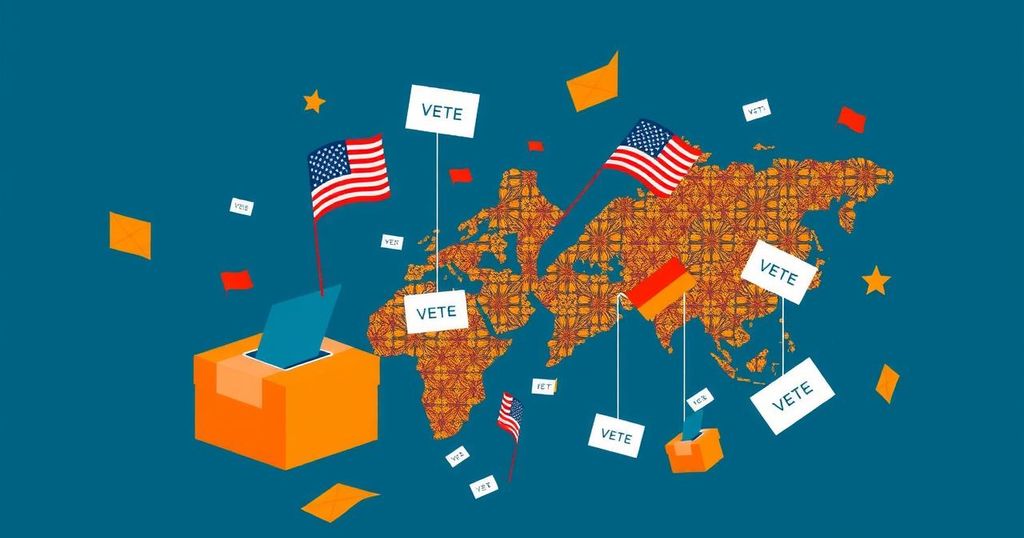Navigating Election Season: Maintaining Perspective and Empowerment
The article discusses the emotional challenges many face during election seasons, emphasizing the need for perspective. It highlights that while elections are significant, many impactful societal changes occur outside electoral politics. By focusing on tangible initiatives and positive contributions, individuals can maintain a sense of agency and reduce anxiety related to electoral outcomes.
Navigating the challenges presented by election seasons can often feel overwhelming for many individuals. The incessant flow of alarming news, unexpected developments, close polling statistics, and an overwhelming sense of powerlessness can lead to emotional distress. Certainly, for those residing in politically dominated states like California, it may seem that one’s voice matters little in the grand decision-making processes. However, it is crucial to maintain perspective, recognizing that although the outcomes of elections are significant, they do not encompass all that influences our lives. It is understandable to be engaged in the electoral process, analyzing polls and election models; nonetheless, many critical determinants of our quality of life are often unaffected by electoral outcomes. Historically, notable advancements and societal shifts such as the development of antibiotics, mass vaccination, advancements in electrification, and the rise of the internet were not necessarily catalyzed by presidential elections or debates. These critical factors significantly enhance our modern lifestyle, illustrating that often the most impactful changes arise outside the purview of electoral politics. Even in cases where political disagreement is prevalent, it is essential to understand that transformational change frequently occurs through avenues less visible than those found in campaign rhetoric. For instance, developments in renewable energy technology have led to progress in addressing climate change, a significant challenge often overshadowed in political discourse. A notable point raised in discussions on presidential evaluations is the presidency of George W. Bush, particularly through the lens of his PEPFAR initiative. While his presidency included controversial decisions, his efforts toward combating AIDS in Africa led to the saving of millions of lives, highlighting how focused initiatives can effectuate substantial improvements even amidst less favorable policies. Therefore, while elections do hold formidable importance, they are not the sole determinant of progress or decline in society. As events unfold during election seasons, individuals may fall into a cycle of anxiety and helplessness. To combat this, it is essential to remember that there remain numerous avenues for creating meaningful change. Rather than becoming engrossed in electoral drama and polling statistics, I encourage individuals to engage in initiatives that promise tangible benefits, thereby reclaiming a sense of agency over the issues that matter the most.
The prevalence of anxiety and stress during election seasons is a common phenomenon, stemming from a continuous bombardment of dramatic news reports, forecasting uncertainties, and the feeling of powerlessness. This is particularly pronounced in states where the political landscape is perceived as dominated by one party. The article addresses the need to maintain a proper perspective on the significance of elections, arguing that while the results are crucial, many critical determinants of societal well-being extend beyond the electoral process itself.
In conclusion, while elections are undeniably important, it is vital to remember that they are not the only avenue for effecting change in our society. By focusing on initiatives that directly impact our lives and those of our communities, individuals can find empowerment and fulfillment beyond the electoral realm. This pursuit not only contributes positively to societal progress but also eases the burden of election-related anxiety, allowing for a more balanced outlook on the future.
Original Source: www.vox.com




Post Comment